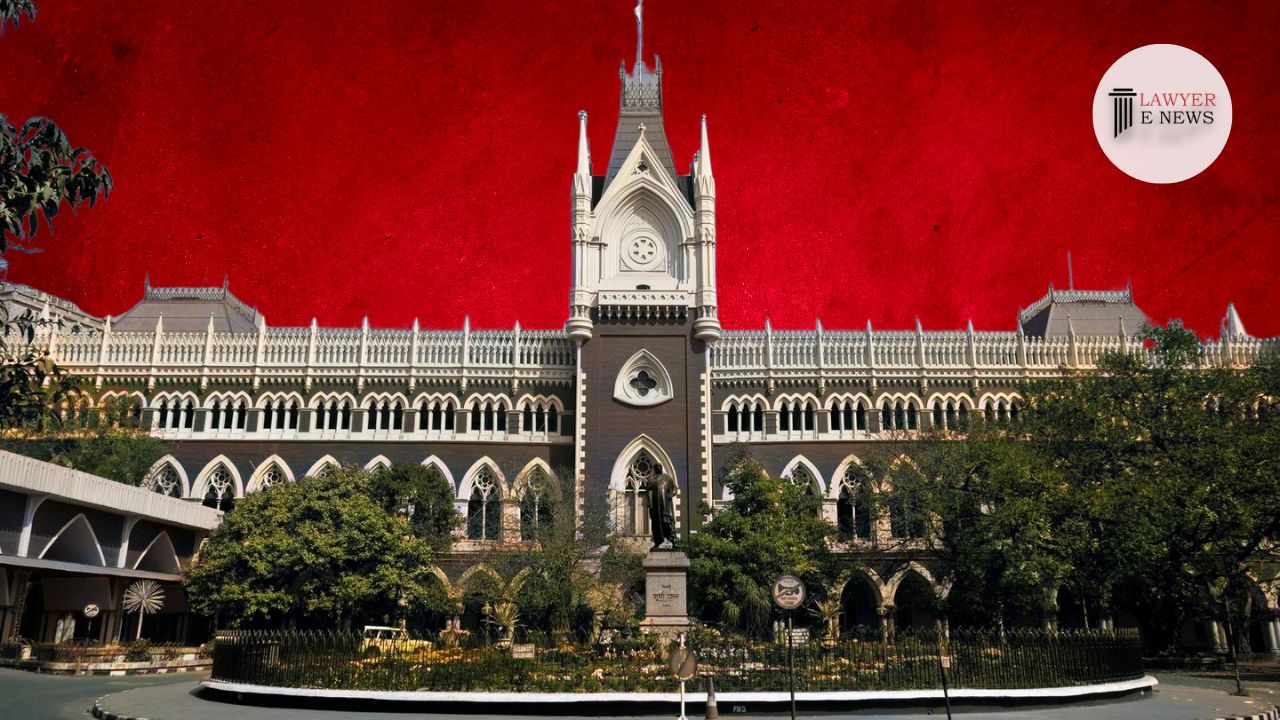-
by Admin
15 February 2026 2:36 AM



In a significant ruling, the High Court of Calcutta has upheld the decision of lower courts denying access to investigative documents to a discharged accused in the post-charge discharge stage, emphasizing the legal distinction between the rights of an accused and a de facto complainant regarding the accessibility of such documents to ensure a fair hearing in a protest petition.
The court delved into the procedural aspects concerning the rights of an accused to access documents during the stages of a criminal investigation, particularly post discharge by the investigating authorities. The ruling highlighted the entitlement of documents under Section 173(8) of the Code of Criminal Procedure (CrPC), where it was stressed that an accused does not have the right to participate in or access documents during further investigation.
The petitioner, Somesh Dasgupta, challenged the denial of access to various documents by both the trial court and the revisional court, which included the closure report and other investigative materials after being discharged by the investigating agency and the Internal Complaint Committee. The petitioner argued that access to these documents was crucial for effectively participating in the hearing of his protest petition.
Justice Tirthankar Ghosh meticulously addressed the arguments put forth, basing the decision on several precedents which clarify the rights of an accused versus those of a complainant. The judge noted, “The provisions of the Code of Criminal Procedure recognize an accused only after cognizance is taken by a court of law.” It was pointed out that “the law does not require the court to encumber itself with the burden of hearing the accused at this stage of the proceedings,” citing cases such as Bhagwant Singh vs. Commissioner of Police and Vinubhai Haribhai Malavaya vs. State of Gujarat among others.
Right to Documents: The court clarified that the accused does not have the right to access documents at the stage of further investigation under Section 173(8) CrPC.
Participation in Proceedings: The court observed that the legal framework does not provide for the participation of the accused in the protest petition hearing process at the pre-cognizance stage.
Principles of Natural Justice: Justice Ghosh reiterated that the principles of natural justice were not violated as the accused’s recognition in the legal process begins post-cognizance, underscoring the procedural limitations on the rights of an accused in accessing investigative documents.
Decision The High Court dismissed the revisional application CRR 784 of 2023, affirming that “no legal provision mandates hearing the accused or providing him documents at the pre-cognizance stage of a protest petition under Section 173(8) CrPC.”
Date of Decision: May 13, 2024
Somesh Dasgupta vs. The State of West Bengal & Anr.
